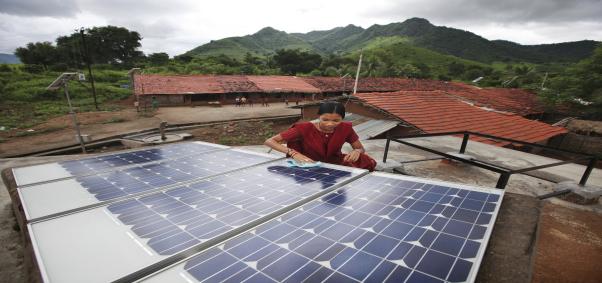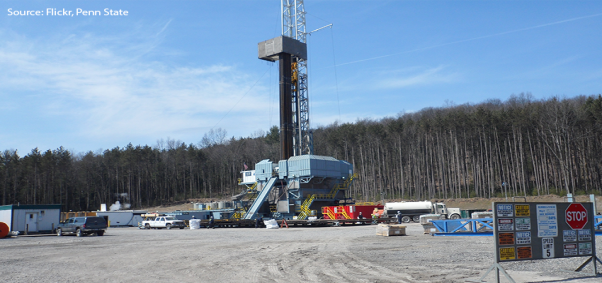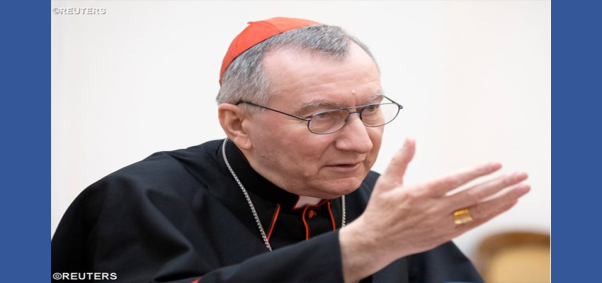Filters
A new report released by the Global Commission on the Economy and the Climate identifies ten key economic opportunities that could close up to 96 percent of the gap between business-as-usual emissions and the level needed to limit dangerous climate change.
To meet the goals of raising living standards, tackling poverty and reducing climate risk together, the scale and speed of change must accelerate, spurred on by cooperation both internationally and between the public and private sectors, write President Felipe Calderón and Lord Nicholas Stern in USA Today.
"Global warming and climate change may be issues that belong in the realm of science but the human activities with which they are associated must be subject to ethics.
As part of a series of events in the run-up to the highly anticipated papal encyclical on climate change, the New Climate Economy was invited to provide a strong economic and business voice to demonstrate that climate action and economic growth can and should occur together for a just transition to a low-carbon economy.
The U.S. shale gas revolution has dramatically increased supplies of low-cost natural gas, upended U.S. coal markets, and led many electric utilities to switch from coal to natural gas, reducing air pollution and greenhouse gas emissions. While there remain concerns about some of the impacts of hydraulic fracturing (“fracking”), the trend toward increasing use of natural gas is widely expected to continue.
20 May 2015: “When the future of the planet is at stake, there are no political frontiers, barriers or walls behind which we can hide to protect ourselves from the effects of environmental and social degradation. There is no room for the globalisation of indifference, the economy of exclusion or the throwaway culture so often denounced by Pope Francis. Of course, the path is not easy, since this ethical and moral responsibility calls into question the resetting of the development model, requiring a major political and economic commitment. However, as I said to the UN Climate Summit on 23 September 2014, 'the technological and operational bases needed to facilitate this mutual responsibility are already available or within our reach. We have the capacity to start and strengthen a true and beneficial process which will irrigate, as it were, through adaptation and mitigation activities, the field of economic and technological innovation where it is possible to cultivate two interconnected objectives: combating poverty and easing the effects of climate change'."






